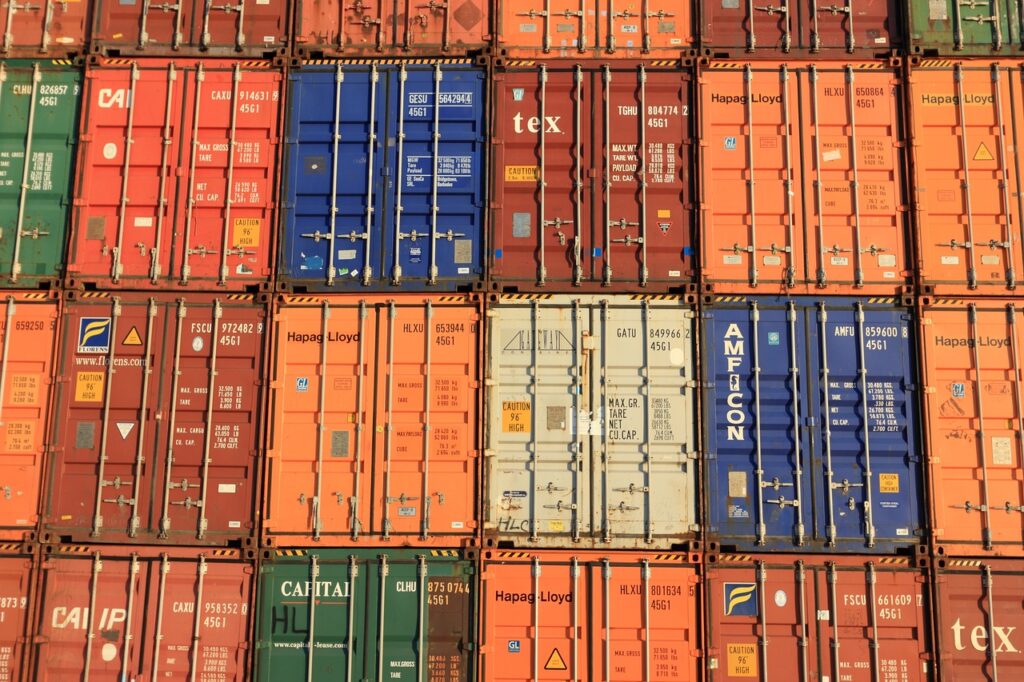The global economic landscape is undergoing a significant shift. As geopolitical tensions rise, particularly between the US and China, a trend known as “friend shoring” is gaining traction. Friend shoring involves countries shifting their supply chains away from geopolitical rivals towards allies and friendly nations. While this approach offers security benefits by reducing reliance on potentially hostile countries, it could also have unintended consequences, namely, fueling inflation [1].
Here is how:
1. Increased Production Costs: Shifting production from established, often lower-cost locations to new, potentially less efficient ones often leads to higher production costs [2]. This translates into higher prices for consumers, as businesses try to recoup these expenses.
2. Limited Competition: Friend shoring can create a situation where fewer companies are competing to supply a particular good or service. This lack of competition can lead to higher prices for consumers, as there are fewer options available and less incentive for businesses to keep costs down [3].
3. Supply Chain Disruptions: Transitioning supply chains from established to new partners can be a complex and disruptive process [4]. This disruption can lead to shortages and price hikes in the short term, as businesses navigate the challenges of building new relationships and establishing efficient production lines.
It’s important to note that the potential inflationary impact of friend shoring is still a matter of debate among economists [5]. Some argue that the long-term benefits of increased security and reduced reliance on potential adversaries outweigh the short-term inflationary pressures. Others, however, believe that the inflationary impact could be significant and could undermine the economic recovery in many countries.
The Bottom Line:
Friend shoring presents a complex economic puzzle. While it offers security benefits, it also carries the risk of pushing inflation higher. As this trend unfolds, it’s crucial to stay informed about the potential economic impacts and make informed financial decisions.
Sources:
- The Brookings Institution: https://www.brookings.edu/articles/rebuilding-americas-economy-and-foreign-policy-with-ally-shoring/
- Council on Foreign Relations: https://www.cfr.org/blog/friendshorings-devil-details
- The Peterson Institute for International Economics: https://www.iiss.org/en/publications/strategic-comments/2022/the-friend-shoring-of-supply-chains/
- The World Bank: https://blogs.worldbank.org/voices/global-trade-has-nearly-flatlined-populism-taking-toll-growth
- International Monetary Fund: https://www.imf.org/-/media/Files/News/Seminars/2023/fragmentation-conference/session-2-paper-1-economic-cost-of-friend-shoring.ashx


